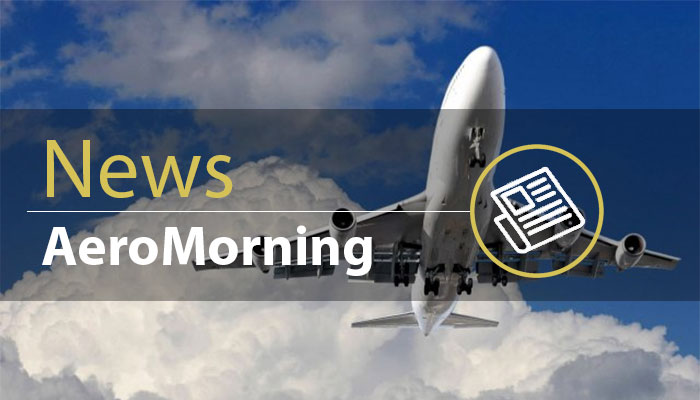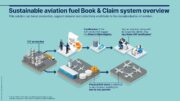The European Regions Airline Association (ERA) has released a new study, Cutting emissions without cutting connections: How to make ReFuelEU work for all of Europe’s airlines, revealing that the uneven implementation of the EU’s ReFuelEU Aviation Regulation is creating structural disadvantages for regional carriers and hence the destinations they serve.
The research shows that Sustainable Aviation Fuel (SAF) supply is heavily concentrated at major hubs, leaving many smaller airports without access and exposing Europe’s most remote communities to rising costs, compliance burdens and reduced connectivity.
ERA’s airline CEOs stress that, while the sector is fully committed to achieving net-zero CO₂ emissions by 2050, ReFuelEU’s current rollout risks penalising smaller and regional airlines and isolating the communities they serve.
Montserrat Barriga, Director General of ERA said: “Europe’s green transition cannot come at the cost of territorial regional cohesion. If ReFuelEU continues on its current path, Europe risks seeing airlines go bankrupt and losing vital air connectivity.”
Under the Destination 2050 roadmap, SAF is expected to deliver the largest share of aviation’s emission reductions. ReFuelEU requires suppliers to blend increasing shares of SAF, starting at 2% in 2025 and rising to 70% by 2050.
However, ERA members report that early implementation is fragmented and unfair, pushing airlines to redesign their network and threatening the viability of some routes. Key issues include:
- Unfair access: SAF supply is concentrated at major hubs, leaving regional airports underserved and without the ability to claim their SAF credits.
- Cost distortions: Opaque surcharges and bundled pricing are inflating costs for smaller airlines with less purchasing power.
- Compliance traps: Complex and inconsistent reporting rules hit regional carriers hardest.
- Operational risks: Article 5 (“anti-tankering rule”) is creating unintended safety and cost impacts on lifeline routes and providing no environmental benefits on smaller aircraft.
ERA calls on EU policymakers to urgently revise the ReFuelEU Regulation to ensure Sustainable Aviation Fuel (SAF) is scaled up fairly and efficiently across all regions and align ReFuelEU implementation with the Sustainable Transport Investment Plan (STIP) funding priorities. A revised framework would accelerate SAF deployment, strengthen competition, deliver genuine emissions reductions, and protect Europe’s essential air connectivity.
Source: European Regions Airline Association









Be the first to comment on "Europe’s regional connectivity at higher risk if ReFuelEU rollout remains uneven, warn ERA’s airline CEOs"